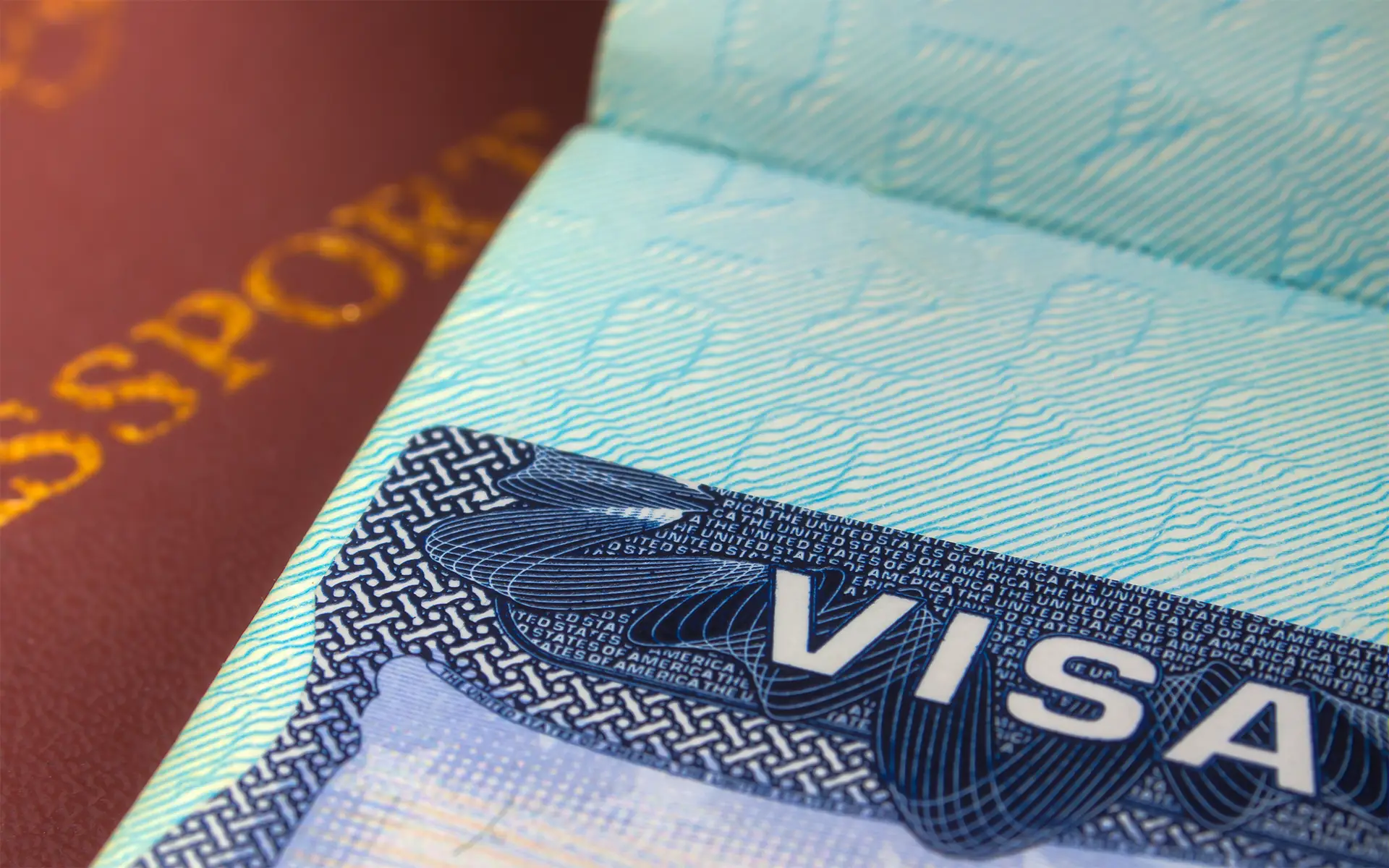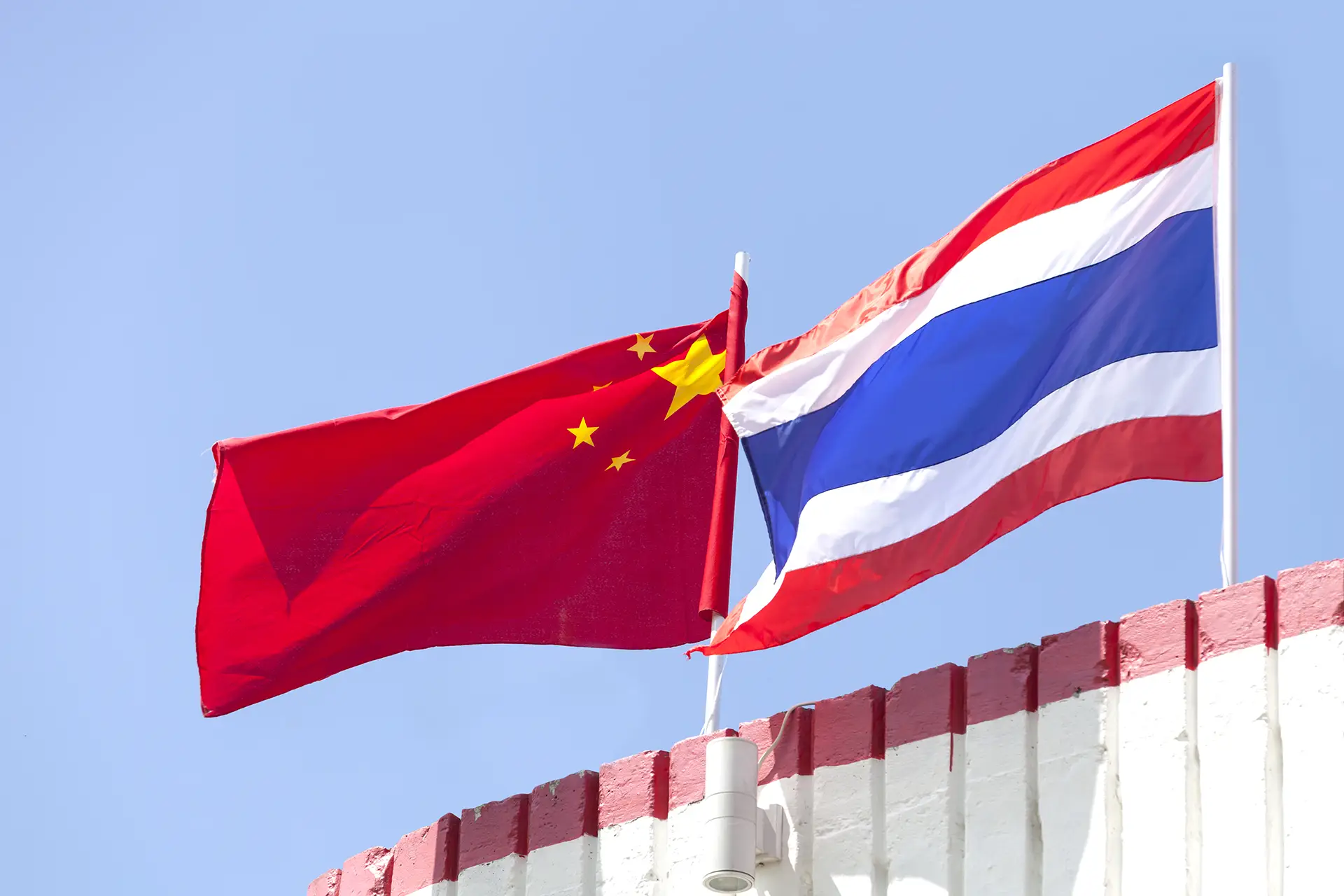
Vietnam set to revitalize tourism with upcoming visa policy reforms
In a significant move to bolster international tourism, Vietnam’s Ministry of Culture, Sports and Tourism, led by Minister Nguyen Van Hung, has proposed a series of visa policy reforms. These initiatives were announced at a high-level conference on rapid and sustainable tourism development in Vietnam, chaired by Prime Minister Pham Minh Chinh in Hanoi on November 15, 2023.
Vietnam’s tourism sector has shown resilience and growth, especially following the full reopening of its tourism market on March 15, 2023. Despite the challenges posed by the international and domestic context, the country has made remarkable strides, recording nearly 10 million international visitors in the first ten months of 2023. This achievement underscores the sector’s potential as a driving force in the country’s economic recovery.
Key Visa Policy Proposals
To further capitalize on this momentum, the Vietnamese Ministry of Culture, Sports and Tourism proposed several groundbreaking visa policy changes. These include:
- Short-term Visa Exemptions: The ministry suggests waiving short-term visas for tourists from potential large markets like China and India, particularly during off-peak seasons. This move aims to stimulate tourism demand.
- Unilateral Visa Exemptions: Expansion of unilateral visa exemptions for citizens of countries with higher economic development levels than Vietnam, such as Australia, Canada, the USA, and countries in the European Union, is on the cards. These markets are known for high tourism spending.
- Long-term Visas: The introduction of long-term visas (3 years, 5 years) for high-end tourist segments, including retirees, is being considered. This policy could significantly enhance the appeal of Vietnam as a long-stay destination.
- Electronic Visa Simplification: Efforts to optimize and simplify the electronic visa application process are underway, ensuring a user-friendly website interface and clear notification timelines for visa outcomes.
In addition to these visa policy advancements, the Vietnamese government is also focusing on enhancing its global presence in tourism. Proposed amendments to the Law on Vietnamese Representative Agencies Abroad aim to facilitate the establishment of tourism promotion offices in key global markets.
These proposed visa reforms by the Vietnamese government demonstrate a strategic approach to enhancing the competitiveness and appeal of Vietnam as a global tourist destination. By easing entry requirements and creating a more welcoming environment for international travelers, Vietnam aims to not only recover but also sustainably grow its tourism sector. The government’s commitment to these reforms signifies a positive outlook for the tourism industry, potentially leading to increased international visitations and further economic benefits.




































































































